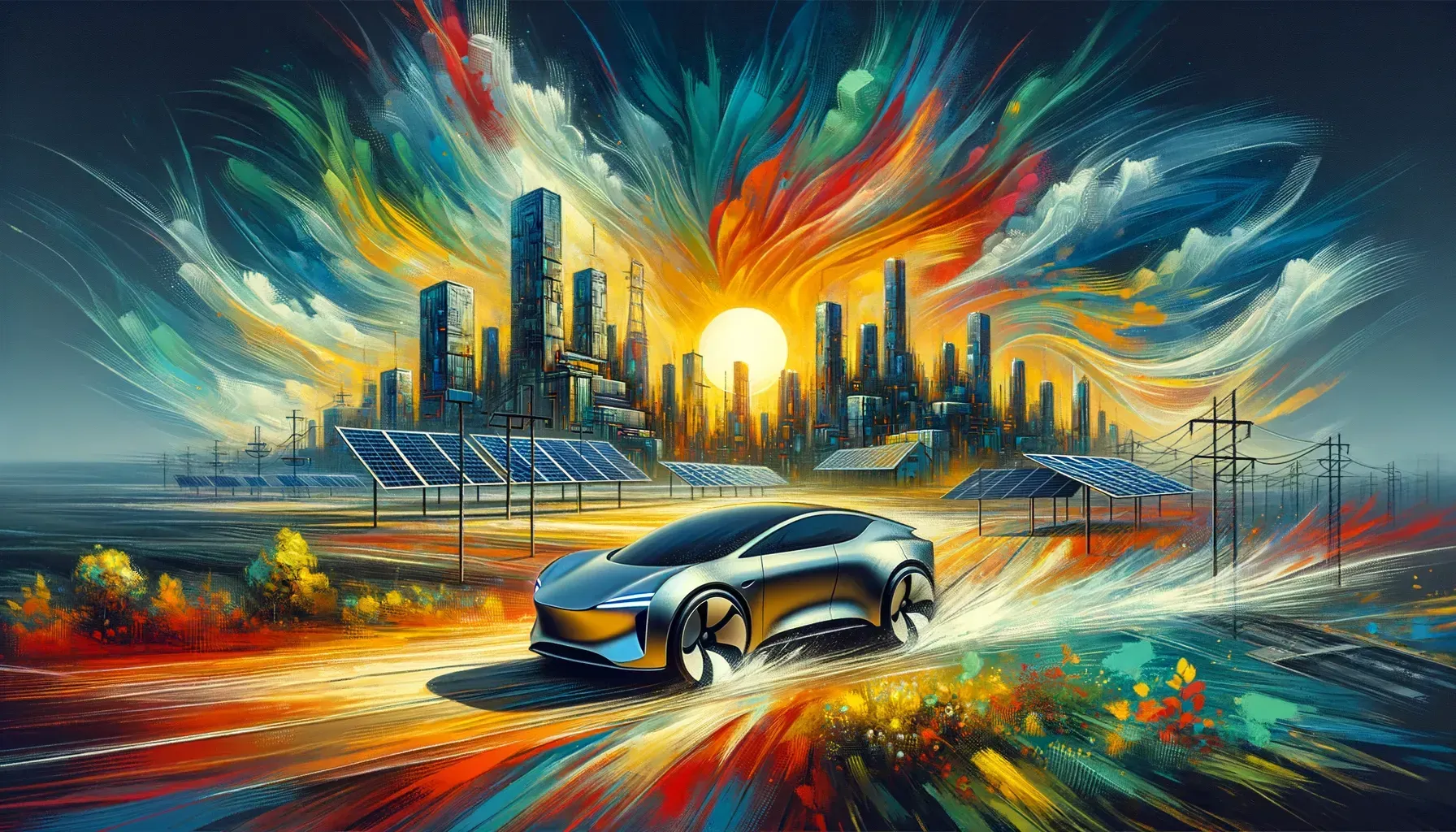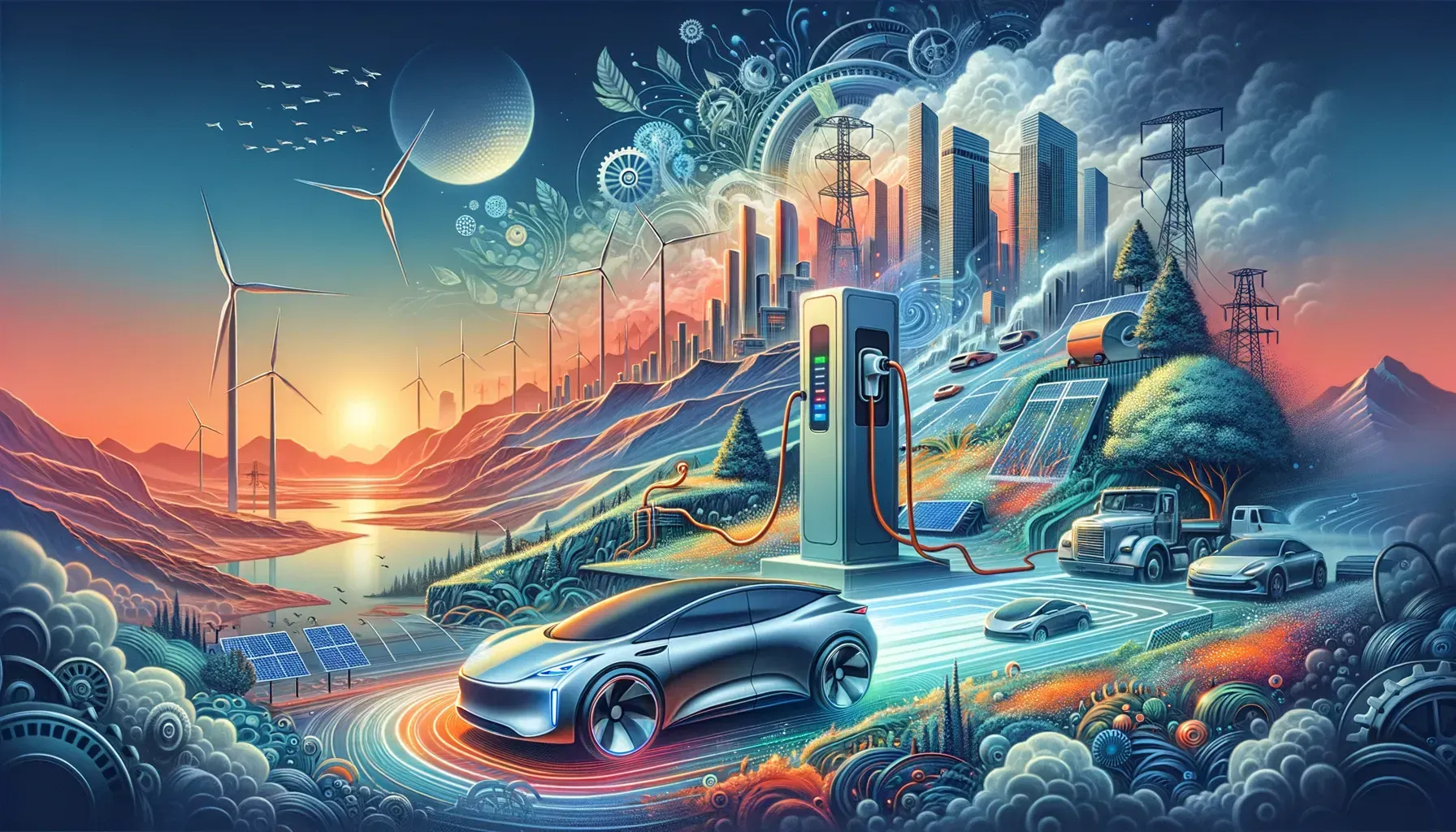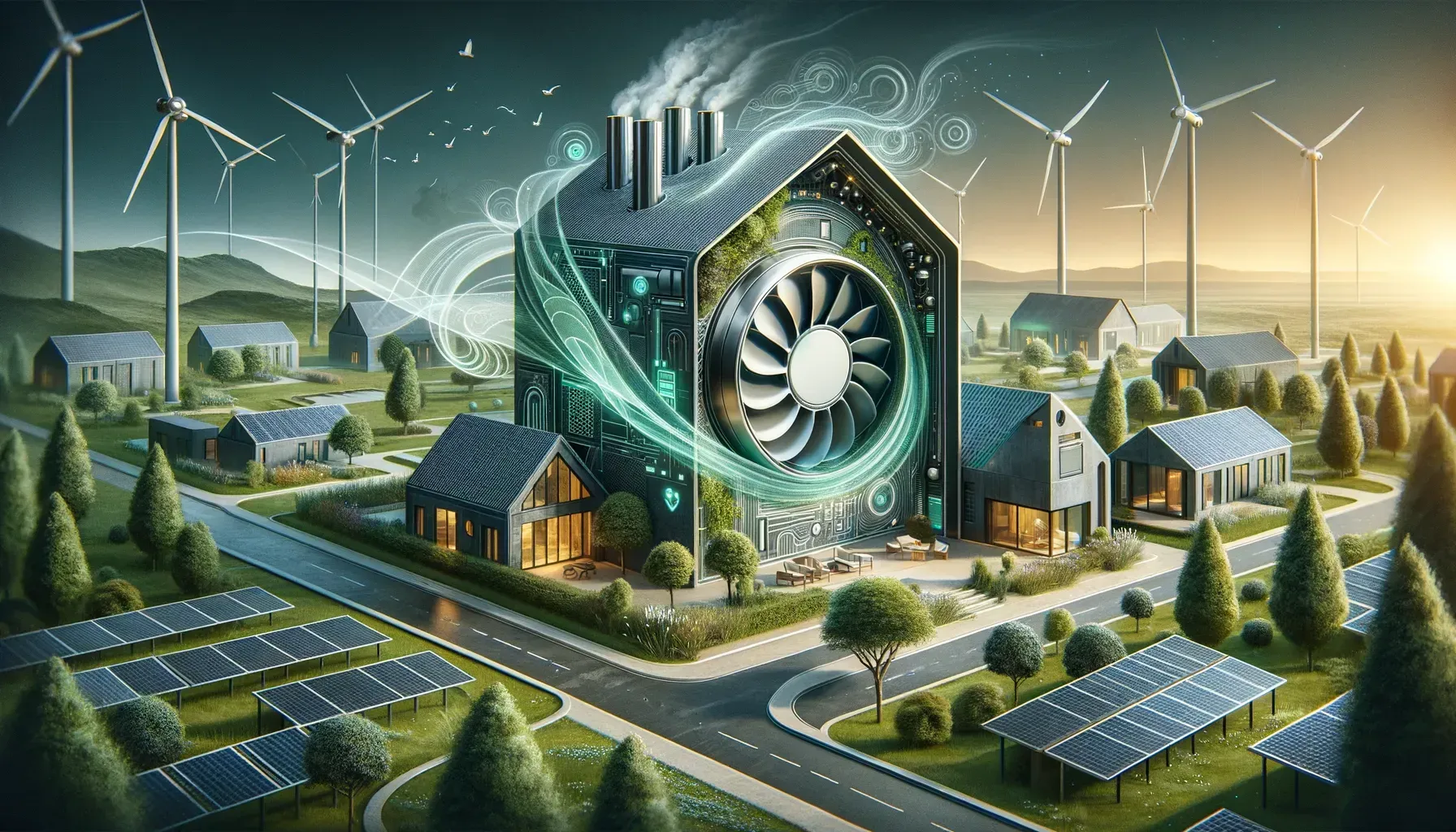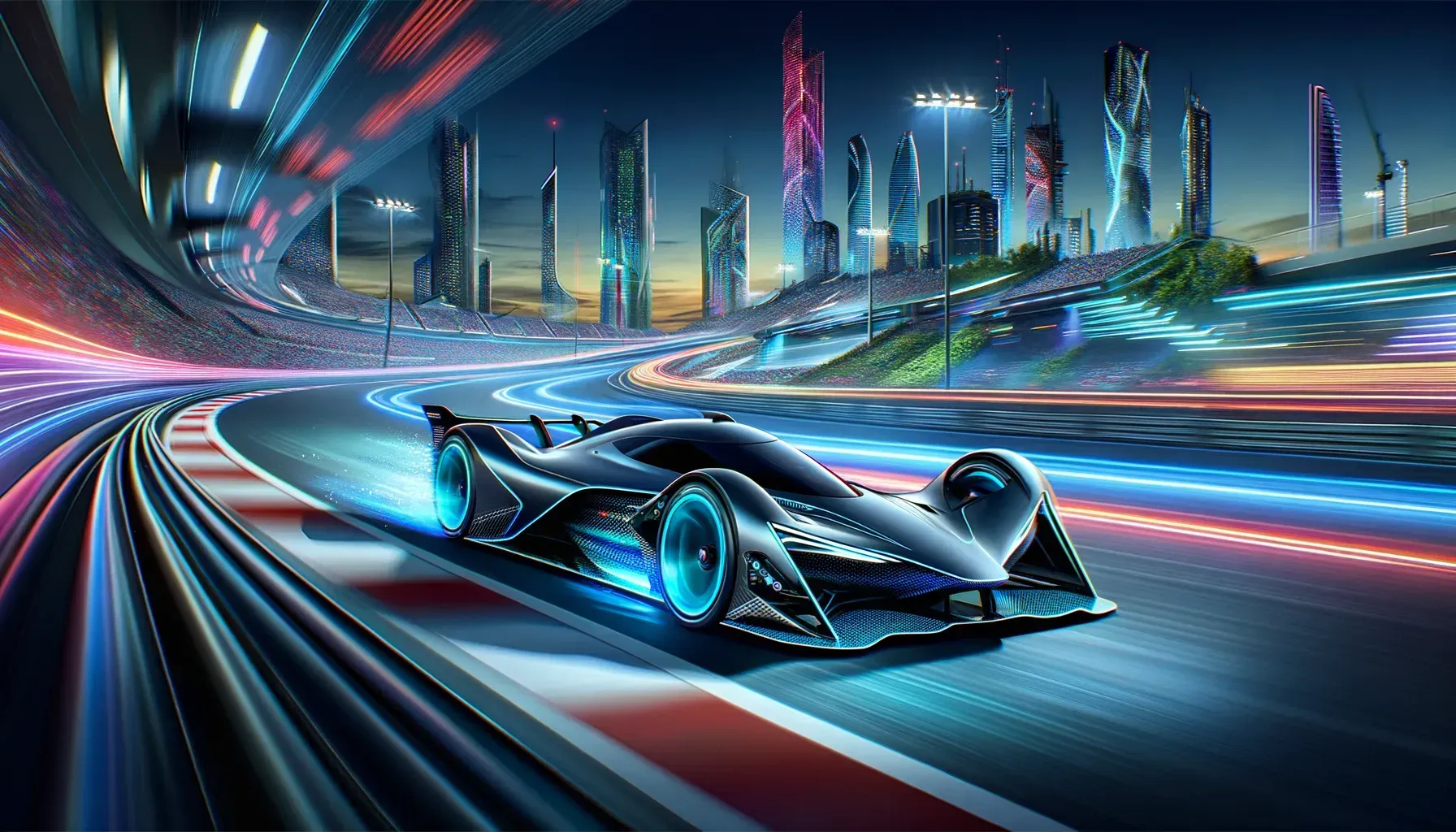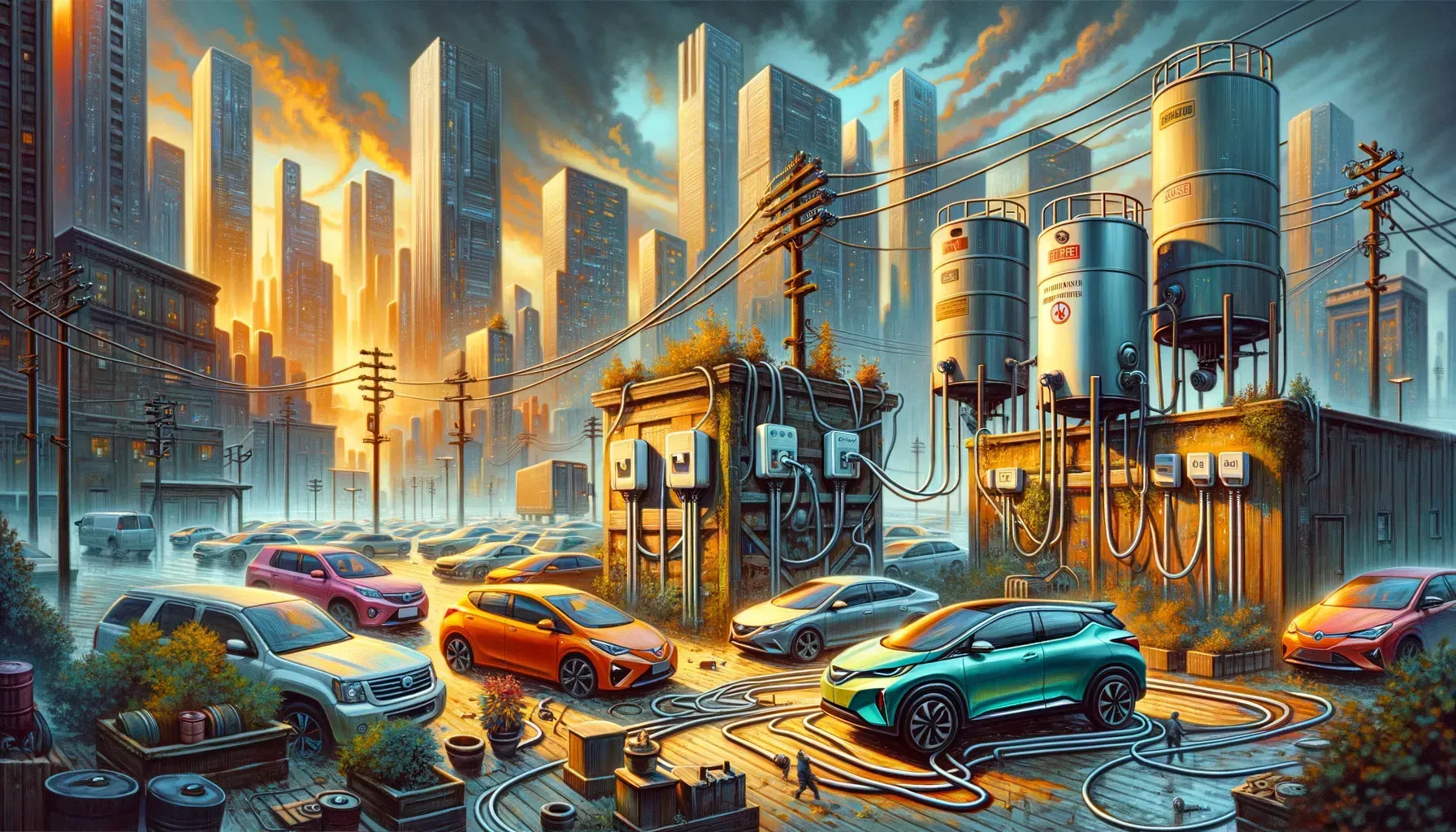Shifting Gears: PepsiCo's Journey with Tesla Semi Trucks

Imagine being a seasoned truck driver, used to the roar of diesel engines and the familiar freight routes, suddenly finding yourself behind the wheel of a Tesla Semi. That's precisely the reality for drivers at PepsiCo, who have recently shared their unexpectedly enthusiastic experiences with these heavy-duty electric trucks. At an international transportation conference in Hannover, Germany, insights from PepsiCo's electrification program manager revealed just how much this electric evolution is resonating with the workforce.
A Groundbreaking Collaboration
PepsiCo has made headlines as the first client of the revolutionary Tesla Semi. This early adoption marks a significant step in the trucking industry. The collaboration showcases how two major players in their fields can work together to innovate and transform logistics. Tesla aims to revolutionize the trucking sector with its electric vehicles. But, how do these large electric trucks compare to traditional diesel-powered ones?
PepsiCo and Tesla: An Innovative Partnership
- PepsiCo operates 36 Tesla Semis in California.
- An additional 50 trucks are on their way.
This partnership highlights PepsiCo's pioneering role in utilizing electric vehicle technology. Dejan Antunović, PepsiCo's electrification program manager, shared that the feedback from truck drivers has been overwhelmingly positive. Many drivers report a significant shift in their feelings towards electric vehicles. For example, one trucker exclaimed that driving a Tesla Semi felt "like a kid in a candy store." Such feedback indicates a welcome change from the traditional diesel experience.
The Goals of Tesla
Tesla's ambition goes beyond just making electric trucks. They are determined to revolutionize the entire trucking industry. With a keen eye on sustainability, Tesla aims to reduce greenhouse gas emissions drastically. The current fleet of Tesla Semis at PepsiCo is estimated to prevent about 1,100 tons of greenhouse gases from polluting the air each year.
From Skepticism to Enthusiasm
Initially, there were doubts about electric trucks' performance in the demanding trucking sector. However, as drivers began to use the Semis, that skepticism diminished. Antunović noted that operating the Semis has proven to be "smoother and easier" than anticipated.
Many drivers, after their experiences with the Tesla Semis, expressed a desire to leave diesel behind. One driver’s notable sentiment captures this shift perfectly:
'I don't want to go back to diesel. This is the future.'
As Tesla prepares to ramp up production, the future of electric trucks looks bright. This groundbreaking collaboration sets a new precedent in the trucking industry, paving the way for a cleaner, more efficient tomorrow.
Driver Experiences: From Skepticism to Excitement
The transition from diesel to electric trucks has been a hot topic in the trucking industry. PepsiCo, a pioneer in this realm, has been leading the charge with its fleet of Tesla Semis. The insights shared from their drivers reveal a fascinating journey—from initial skepticism to newfound enthusiasm.
Anecdotes from PepsiCo Drivers
PepsiCo drivers have voiced their thoughts through various feedback sessions. Many have described their experiences with the Tesla Semi as a refreshing change. One longtime driver mentioned,
'Like a kid in a candy store.'This phrase perfectly captures the mix of excitement and rediscovery that these drivers feel behind the wheel of the electric trucks.
- One driver shared,
'It's smoother and easier than I expected.'
- Another noted how quiet the drives are compared to traditional trucks.
- They felt a sense of innovation—operating a vehicle that represents the future of transportation.
The Emotional Impact of Transitioning
The emotional adjustment for traditional drivers is pronounced. Many have spent years driving diesel trucks. So, when confronted with electric technology, doubts can arise: Will it perform as expected? Will it handle the demands of long hours?
Yet, the experiences have largely alleviated those concerns. Drivers felt a shift in sentiment towards electric vehicles after operating the Tesla Semis. This newfound enthusiasm can be attributed to the smooth performance and lower operational costs.
Expressions of Enthusiasm
Enthusiastic phrases from drivers are illuminating. They express a desire to fully embrace the electric transition, with statements like:
-
'I don’t want to go back to diesel. This is the future.'
- Many wish other truckers could experience the same joy.
These remarks not only capture personal feelings but reflect a shifting industry trend towards electrification.
Reflecting Broader Industry Sentiments
The reactions from PepsiCo drivers exemplify a larger movement taking place in the logistics and transportation sectors. As more fleets explore electric vehicles, the excitement can possibly sway others to follow suit.
In summary, the anecdotes shared by PepsiCo drivers highlight a journey from skepticism to excitement. As they operate Tesla Semis, they're not just adapting to new technology; they’re embracing a new era in trucking.
Operational Efficiency and Environmental Impact
The Tesla Semi trucks have introduced a new era in transportation. Their performance isn't just about speed; it's about significant changes in energy consumption and environmental considerations.
Energy Consumption of Tesla Semis
One of the standout features of Tesla Semis is their energy efficiency. The energy consumption during operations is crucial to understand and optimize costs. For PepsiCo's fleet:
- FritoLay products consume approximately 0.8 kWh/km .
- Beverage hauls use about 1 kWh/km .
This varies depending on the type of cargo, which is significant for route planning. For instance, drivers hauling lighter snacks will find their costs less than those transporting heavier beverages.
Potential Savings for PepsiCo
As PepsiCo expands its fleet of Tesla Semis, the potential savings are substantial. Operating these electric vehicles not only reduces fuel costs but also improves maintenance expenses in the long run. Dejan Antunović, PepsiCo's electrification program manager, noted that the more the trucks are utilized, the greater the savings.
Imagine driving a vehicle that is both environmentally friendly and cost-efficient! It's no wonder many drivers express their desire to ditch diesel entirely.
Environmental Benefits
The environmental benefits of this transition are incredibly noteworthy. PepsiCo estimates that its current fleet saves approximately 1,100 tons of greenhouse gases annually. This reduction cuts a significant amount of emissions from entering our atmosphere.
Picture a world where the cargo delivery system harms the planet less. The adoption of electric vehicles by companies like PepsiCo may be the key to realizing this vision.
Operational Metrics Over Miles Driven
PepsiCo's fleet has already driven 2.36 million miles (or 3.8 million kilometers). This extensive use showcases the trucks' effectiveness and reliability.
| Cargo Type | Energy Consumption (kWh/km) |
|---|---|
| FritoLay Products | 0.8 |
| Beverages | 1.0 |
Greenhouse Gas Savings
PepsiCo's commitment doesn't stop at energy savings. Each electric truck not only promises lower operating costs but also greater sustainability. The estimated 1,100 tons of greenhouse gases saved annually reflects a substantial contribution to global efforts in fighting climate change.
This shift towards electrification in the trucking industry suggests a brighter, cleaner future for transportation. Will electric trucks become the norm, reshaping how goods are transported across continents? Only time will tell.
Challenges Ahead: Infrastructure and Future Planning
As the world steps towards greater electrification, one of the biggest hurdles lies in expanding the charging infrastructure for electric fleets. This isn't just a technical requirement; it is the very backbone supporting the transition from diesel to electric. Currently, commercial operations find themselves at a crossroads. How can we ensure reliable charging solutions for heavy-duty vehicles?
Future Hurdles in Charging Infrastructure
Many challenges continue to loom over the industry. Electric fleets need more than a few scattered charging stations. Today, the demand for robust and widespread charging infrastructure grows daily. This includes:
- Substantial investment in charging facilities
- Coordination with energy suppliers
- Development of mobile charging systems
As companies like PepsiCo venture into this space with their fleets, they express a clear commitment—one that recognizes these challenges as mere stepping stones rather than roadblocks.
Extended Timelines for Utility Preparation
Another key issue unveils itself in the timelines for utility preparations. Initial projections estimated that utility companies could complete necessary upgrades in about 18 months . However, the truth is far different. Current estimates point towards a staggering 3 years . This discrepancy raises a pressing question: Are we rushing into electrification without proper groundwork?
Dejan Antunović , PepsiCo's electrification program manager, has expressed both optimism and reality about the changing landscape. He noted that utilities must be developed not just for the immediate future but also for comprehensive long-term success. If the transition to electric trucks is successful, it encourages others to consider similar options.
PepsiCo's Commitment
PepsiCo's journey into electric trucking is a foundational step for many in the industry. With 36 Tesla Semis currently in operation, the company is not just leading by example but is also focusing on overcoming the existing challenges. “I don't want to go back to diesel. This is the future,” one driver remarked, reflecting a profound shift in driver sentiment. Such comments resonate deeply amid the hurdles of establishing necessary infrastructure.
The need for suitable public and mobile charging solutions cannot be overstated. As we aim for a future filled with electric vehicles, the question remains—how quickly can we adapt? PepsiCo's role will undoubtedly play a crucial part in shaping this electrification narrative.
Broader Implications of Electrification in Trucking
The electrification of trucking is more than a technological shift; it hints at broader societal changes. Recently, PepsiCo's positive experiences with the Tesla Semi trucks provide a glimpse into how electrification might affect consumer behavior, sustainability, and public perceptions.
1. Driver Experiences and Personal Vehicle Purchases
Imagine a truck driver who has recently transitioned from diesel to electric. The excitement is palpable; one driver likened the experience to being "like a kid in a candy store." This excitement could lead to significant changes in personal vehicle purchases. If drivers enjoy their electric trucks, they may be inclined to buy electric vehicles (EVs) for their own use. After all, if someone loves their workplace vehicle, why wouldn’t they want a similar experience at home?
2. Cultural Shifts Towards Sustainability
As more companies embrace electrification, cultural attitudes towards sustainability will likely evolve. Electric vehicles are becoming a symbol of modernity and conscientious living. Many consumers find themselves motivated by environmental concerns. More importantly, they are witnessing the tangible benefits of EVs in their daily lives. Wouldn't it be encouraging if driving a clean, electric truck not only feels good but also significantly reduces one's carbon footprint?
3. Changing Public Perceptions
Public perceptions of commercial electric vehicles are on the cusp of transformation. As more data validates their efficiency and viability, skepticism will fade. Many may soon view electric trucks as preferable to their diesel counterparts. The sentiment shared by drivers, "I don't want to go back to diesel," will resonate with potential buyers, fostering acceptance and enthusiasm.
PepsiCo's initial foray into electric heavy-duty trucks highlights how driver experiences can influence public attitudes toward EVs. As these drivers encounter smoother operations and improved sustainability metrics, they are likely to act as advocates within their communities. The outcome may lead to a ripple effect, motivating others to consider electric options.
Moreover, this transition can significantly shape the logistics sector. With their carbon footprint reducing by an estimated 1,100 tons annually, these trucks are paving the way for a greener future. Could the integration of electric vehicles redefine the entire industry landscape? Observations indicate that as infrastructure develops, logistics will prioritize sustainability as a leading concern.
In summary, PepsiCo's electrification strategy offers rich insights into the industry's future. The interplay among driver experiences, consumer behavior, and cultural shifts around sustainability suggests that the landscape for electric vehicles is brightening. We may be witnessing the dawn of a new era where the excitement of driving electric is mirrored in the personal choices individuals make. As they say, "This is what I want to drive." Wouldn't it be remarkable if this enthusiasm fuels a broader adoption of EVs across society?
TL;DR: PepsiCo's adoption of Tesla Semi trucks has resulted in positive driver feedback, operational efficiencies, and a glimpse into the future of sustainable trucking, with an emphasis on the transition to electric vehicles.
